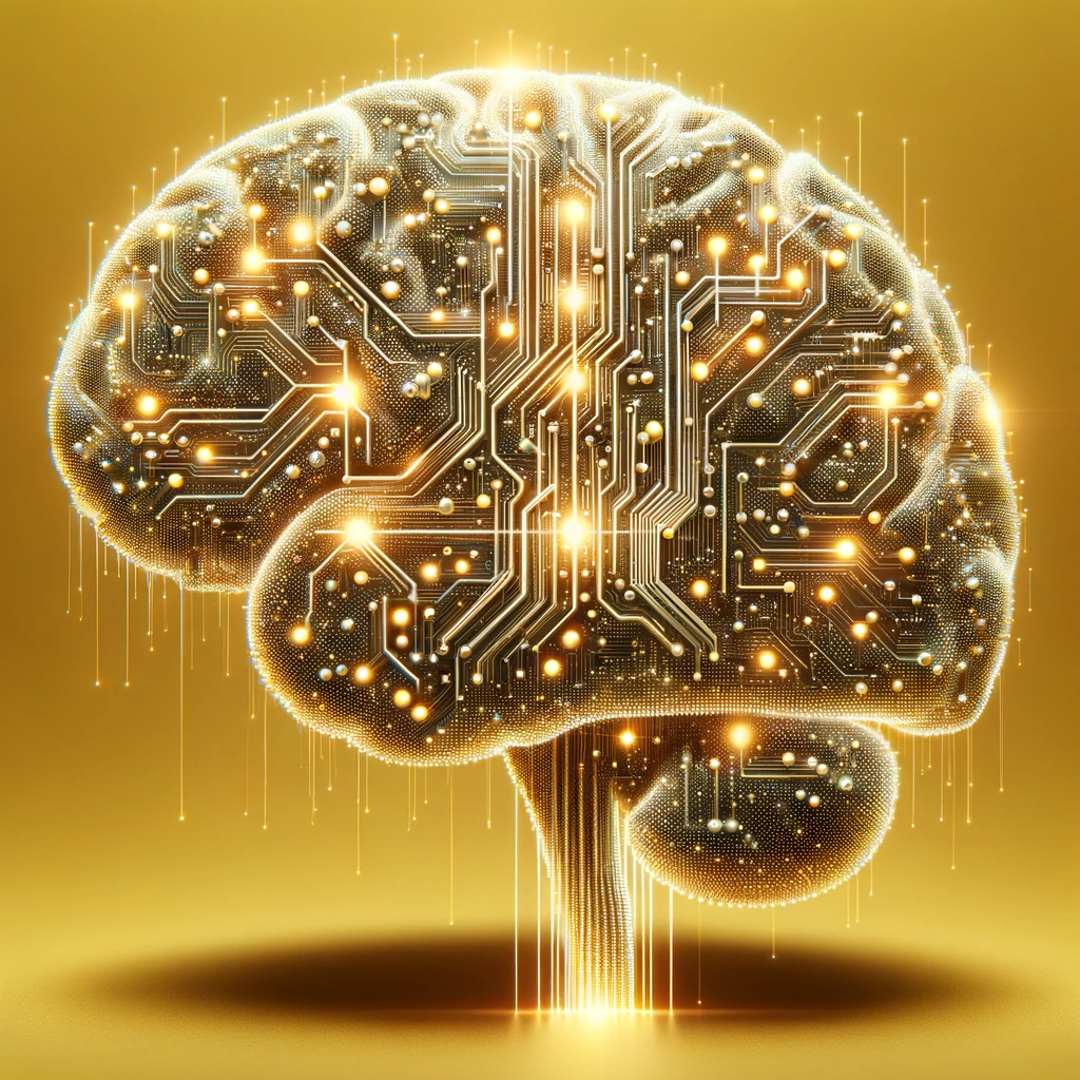Harness the Power in a Principled Way
In an era where artificial intelligence (AI) is rapidly evolving and becoming increasingly integrated into various aspects of our lives, the importance of using AI responsibly cannot be overstated. While AI presents immense opportunities for innovation and advancement, it also comes with ethical and social considerations that must be carefully navigated. Responsible AI usage ensures that the benefits of this technology are maximized while minimizing potential risks and negative impacts on individuals and society as a whole. Here’s a comprehensive guide on how to use AI responsibly:
- Ethical Considerations: Begin by considering the ethical implications of the AI application you are developing or using. Ask yourself questions such as: Is the AI system biased? Does it respect user privacy? Does it prioritize safety and well-being? By addressing these questions upfront, you can mitigate potential ethical issues before they arise.
- Transparency and Explainability: Ensure that AI systems are transparent and explainable. Users should have a clear understanding of how AI algorithms make decisions and recommendations. Transparency fosters trust and allows individuals to assess the reliability and fairness of AI systems.
- Data Privacy and Security: Safeguard sensitive data and prioritize user privacy. Implement robust security measures to protect against data breaches and unauthorized access. Obtain explicit consent from individuals before collecting or using their personal data, and adhere to relevant privacy regulations such as GDPR (General Data Protection Regulation).
- Bias Mitigation: Address bias in AI algorithms to prevent discriminatory outcomes. Regularly audit AI systems for bias and take proactive measures to mitigate it. This may involve diversifying training data, employing fairness-aware algorithms, and implementing bias detection tools.
- Human Oversight and Control: Maintain human oversight and control over AI systems. While AI can automate many tasks, human judgment is essential for ensuring accountability and ethical decision-making. Design AI systems with built-in mechanisms for human intervention and oversight.
- Accountability and Responsibility: Hold individuals and organizations accountable for the design, development, and deployment of AI systems. Establish clear lines of responsibility and accountability to ensure that ethical guidelines are upheld throughout the AI lifecycle.
- Continuous Monitoring and Evaluation: Continuously monitor and evaluate AI systems to assess their performance, impact, and adherence to ethical standards. Regularly update and improve AI algorithms based on feedback and insights gained from real-world usage.
- Education and Awareness: Promote education and awareness about responsible AI usage among developers, policymakers, and the general public. Encourage dialogue and collaboration to address ethical challenges and foster a culture of responsible innovation in the AI community.
- Collaboration and Multistakeholder Engagement: Foster collaboration and engagement among diverse stakeholders, including industry leaders, policymakers, academia, and civil society organizations. By working together, we can develop frameworks and standards for responsible AI that reflect diverse perspectives and values.
- Social Impact Assessment: Conduct thorough social impact assessments to understand the potential consequences of AI deployment on individuals, communities, and society as a whole. Consider the broader societal implications of AI technologies and strive to maximize positive outcomes while minimizing negative externalities.
By following these guidelines and adopting a proactive approach to responsible AI usage, we can harness the power of AI technology for the benefit of all while safeguarding against potential risks and harms. Together, let’s build a future where AI serves as a force for good and contributes to a more equitable and inclusive society.
Want to learn more? Schedule a free consultation!











